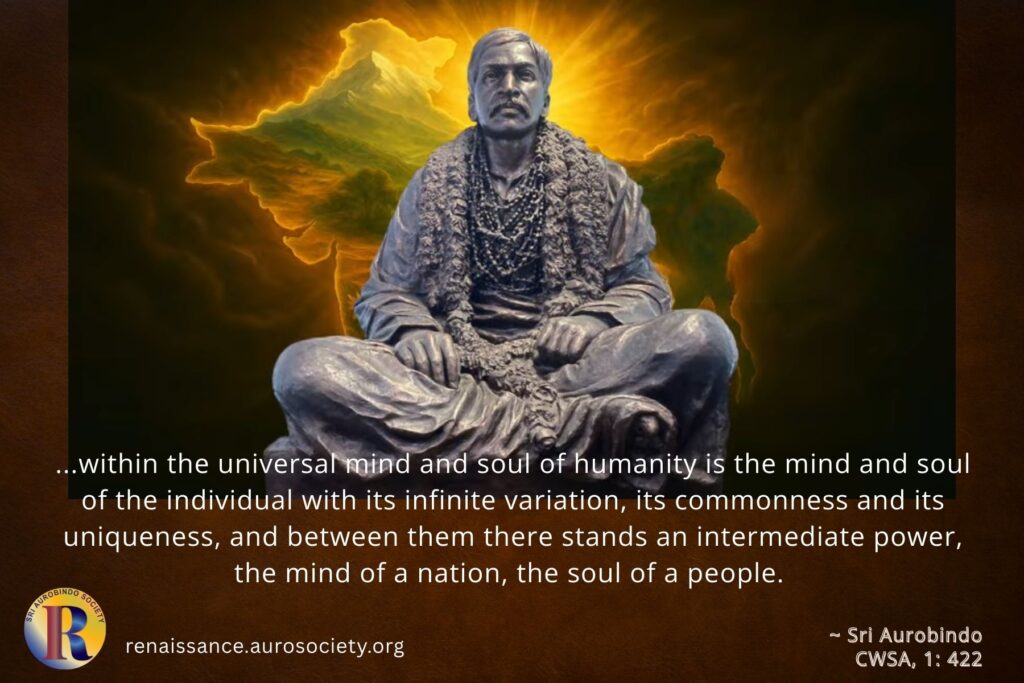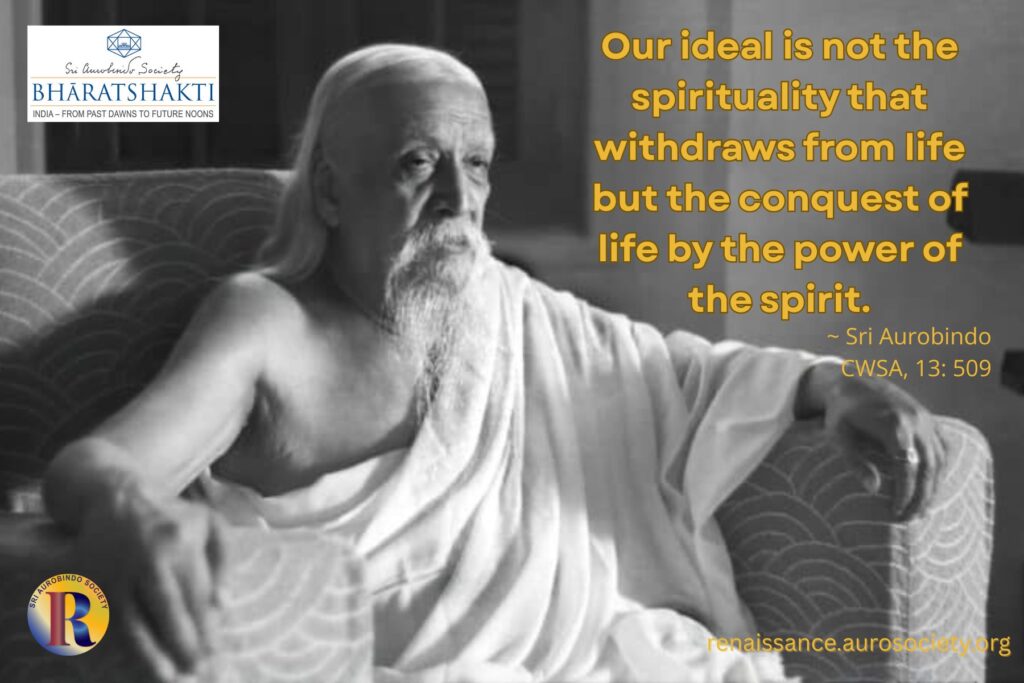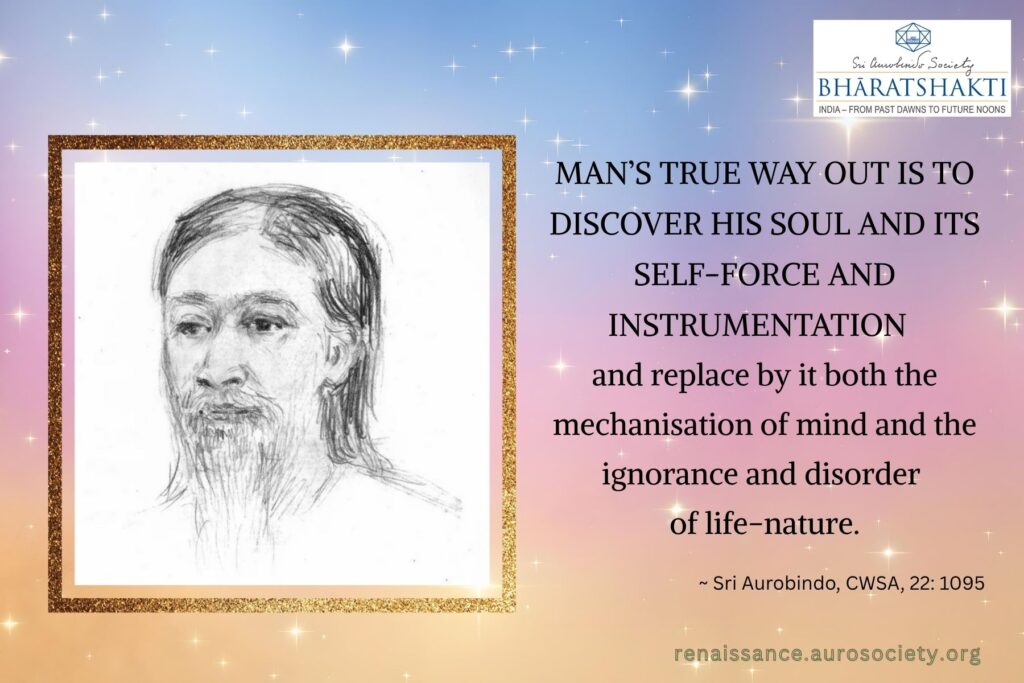Volume III, Issue 3
Author: Beloo Mehra
I will be honest, it has been a bit of a struggle this time to get the issue ready in time. Besides other things, one of the main challenges was to limit the content to be featured. Because obviously ‘Courage’ as a theme can be explored in much greater depth than what is presented here. This was already turning out to be the most expansive issue so far in our year-long series on Twelve Qualities. So we stopped at 24 articles.
Any time there is a struggle or challenge, with Her Grace something always reminds me of Sri Aurobindo’s assurance:
“All can be done if the god-touch is there.”
~ Savitri, CWSA, Vol. 33, p. 3
During the last couple of days as I prayed for some inspiration for writing this editorial – something I normally do only after I am more or less satisfied with the choice and presentation of the most of the content in the issue – one phrase “we must walk, we must walk,”. . . kept coming to me. I took it as a guidance from the Mother that walking with courage is what I should write on.
As I began typing out some initial thoughts, I remembered this line from Savitri – “Courage their armour, faith their sword, they must walk” (CWSA, Vol. 33, p. 211). And it was clear that there couldn’t have been any other title to this editorial than what you see now. Looking back at the content of the issue and reflecting on what possibly inspired my selection of the articles and passages featured here, more clarity came. The key idea guiding me, consciously or sub-consciously, was perhaps this: courage and faith, courage and truth, courage and love – these things always go together.
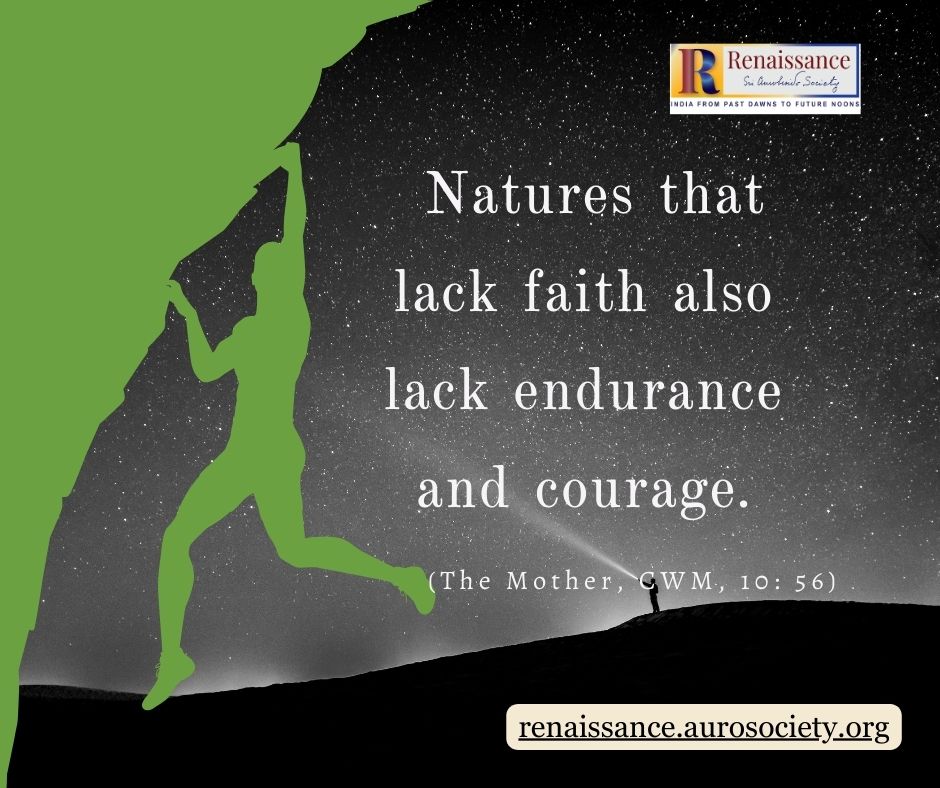
Courage and Faith
A sincere and deeper looking within reveals that most often disappointments in life come because of our clinging to our mental and vital preferences. These egoistic preferences prevent us from surrendering to the hidden wisdom guiding our life’s journey through all the veils of ignorance. This failure to surrender indicates a lack of faith and trust in the Divine’s Plan for us.
When faced with a difficulty, the right attitude is to call in the Mother’s help. We must ask for courage so that we can pick ourselves up. Strengthening our faith and trust which once gave us the courage to face the challenges is essential. We must pray for the Divine Grace. But for the Grace to work sincere aspiration and steadfast effort to purify our instrumental nature are equally essential. It requires us to give up our pride, our egoistic preferences, our know-it-all ignorance, our will that life should go our way. Such surrender is not easy. But nothing that is truly worth doing is ever easy.
What is outside is a projection of what is inside.
It takes a long time for the inner ‘I’ to cultivate all the equanimity, trust and faith necessary for a true surrender. This is why the outer ‘I’ needs repeated lessons. Such training help us actually practice what the mind believes it knows in theory.
To work our way through the repeated lessons, we need immense courage. We learn to confront the various obstacles in our nature. Confronting them means not to manifest in action any movements resulting from the weaknesses and defects of our nature. It also means using our willpower to reject these movements. It necessitates that we do not rationalise or give excuses for the weaknesses. Rather we must continue to aspire for light and strength, and turn to the Divine for help.
Personal effort at rejecting the weaknesses is possible only when we call in the Divine help. We are not alone doing it all by ourselves. We can’t do it by ourselves alone. The Mother is always guiding our steps, walking with us. She is protecting us as we walk through the net-practice sessions of Life. Let us never forget to call Her.
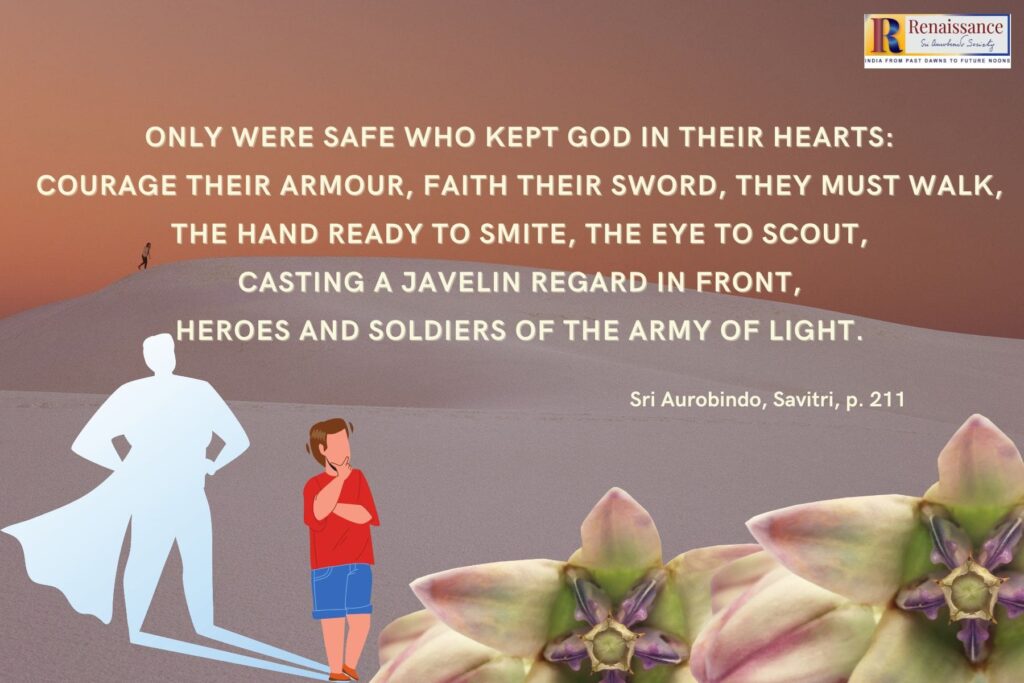
What is true of the individual is also true of the nation.
What should be our attitude when it comes to challenges in a nation’s life? Calling in for Divine Help and Grace? Yes, most certainly. Because our intellect, no matter how sophisticated and developed it is, will only show us partial truths. We will never grasp the deeper forces working themselves out and leading the nation toward its true destiny through the turmoil and struggle.
“. . . human reason is a very convenient and accommodating instrument and works only in the circle set for it by interest, partiality and prejudice. The politicians reason wrongly or insincerely and have power to enforce the results of their reasoning, so make a mess of the world’s affairs,—the intellectuals reason and see what their minds show them, which is far from being always the truth, for it is generally decided by intellectual preference and the mind’s inborn or education-inculcated angle of vision,—but even when they see it, they have no power to enforce it. So between blind power and seeing impotence the world moves, achieving destiny through a mental muddle.”
(Sri Aurobindo, CWSA, Vol. 35, p. 199)
From our archives:
What makes a nation immortal?
What else is needed? Rejecting all the falsehood and redundancies we have accumulated in our collective life and mind? Again, a big yes. It also requires purifying our collective ego of its biases, preferences and prejudices.
Most importantly, it requires re-kindling our aspiration to identify with the soul of the nation which unites us all despite our outer diversity. This does not mean closing our eyes to all the disunity and chaos and ugliness in our midst. It actually means rededicating ourselves to connect with the deeper light and truth within. Because that same source of light and truth also hides behind and within the outer body, life and mind of the nation.
“We must face life as a whole, with all the ugliness, falsehood and cruelty it still contains, but we must take care to discover in ourselves the source of all goodness, all beauty, all light and all truth, in order to bring this source consciously into contact with the world so as to transform it.”
(The Mother, CWM, Vol. 12, p. 243)
All this is not the work of a weak heart, mind and body.
Tremendous courage is needed. The Mother’s advice – Cling to Truth – has two unspoken pre-requisites. First, we keep the inner temple clean where the Truth can take its seat. Second, we cultivate a true courage which makes it possible to cling to Truth. This requires a true warrior spirit, that of a Samurai, or as Sri Aurobindo describes, Kshatratej guided by the Brahmatej, the true Aryan spirit.
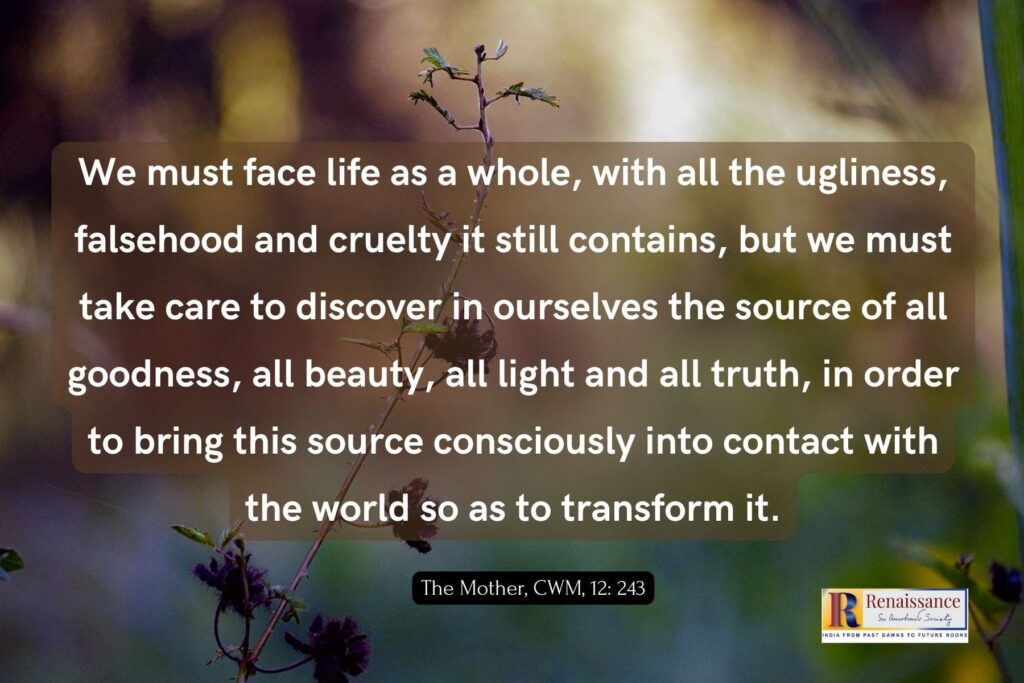
Sri Aurobindo and the Mother strongly emphasise courage as one of the most important qualities to be cultivated by an aspirant on the path of yoga of transformation. This is true both at the individual and the collective levels. The present issue is our humble attempt at highlighting some of their insights on this soul-quality. We explore ‘courage’ through several different viewpoints, to present an integral picture.
Courage and Individual Life
As our guiding light, we feature three selections from the Mother’s works that speak of courage as one of the fundamental requisites for the path of sadhana. A true aspiration, she reminds us, is always full of courage. But this courage means having a taste for the supreme adventure.
We highlight a few excerpts from Sri Aurobindo’s essay titled ‘Kurukshetra’ from ‘Essays on the Gita.’ He helps us consider closely the situation from which the Bhagavad Gita arises, “in its largest bearings as a type of human life and even of all world-existence.” (CWSA, Vol. 19, p. 39)
For our Sādhanā series, we feature a prayer from the Mother’s Prayers and Meditations. This prayer reminds us to break all the resistances and aspire to be a courageous instrument of the Supreme Mother.
See Our Digital Exhibit:
On Courage – Words of Sri Aurobindo and the Mother
In the Sunlit Path feature, we highlight powerful commentaries of the Mother on two aphorisms of Sri Aurobindo. She emphasises that a sadhak must get rid of fear, distrust, despair and face all challenges in life with courage and strength. We find more guidance in another conversation of the Mother with some disciples and children on the topic of true courage. She explains that true courage is courage with the full knowledge of all the possibilities and is ready to face everything without exception.
As seen in many of our previous issues, the Mother used the art of storytelling most sweetly and effectively to inculcate higher and nobler values in children and adults. We feature a collection of a few stories told by the Mother which highlight what is true courage and how to embody it.
Sri Aurobindo once wrote: “All perfect perfection must have something in it of the stuff of the hero and even of the Titan.” (CWSA, Vol. 13, p. 210) We feature the full passage followed by the Mother’s commentary on it. This addresses the question – what is really needed at this critical juncture of evolutionary crisis faced by the humanity?
Courage and Life of a Nation
If you need a most comprehensive and deeper understanding of the principal reasons why the mighty India could be easily conquered by the British, look no further. We feature one of Sri Aurobindo’s Bengali writings which does exactly this.
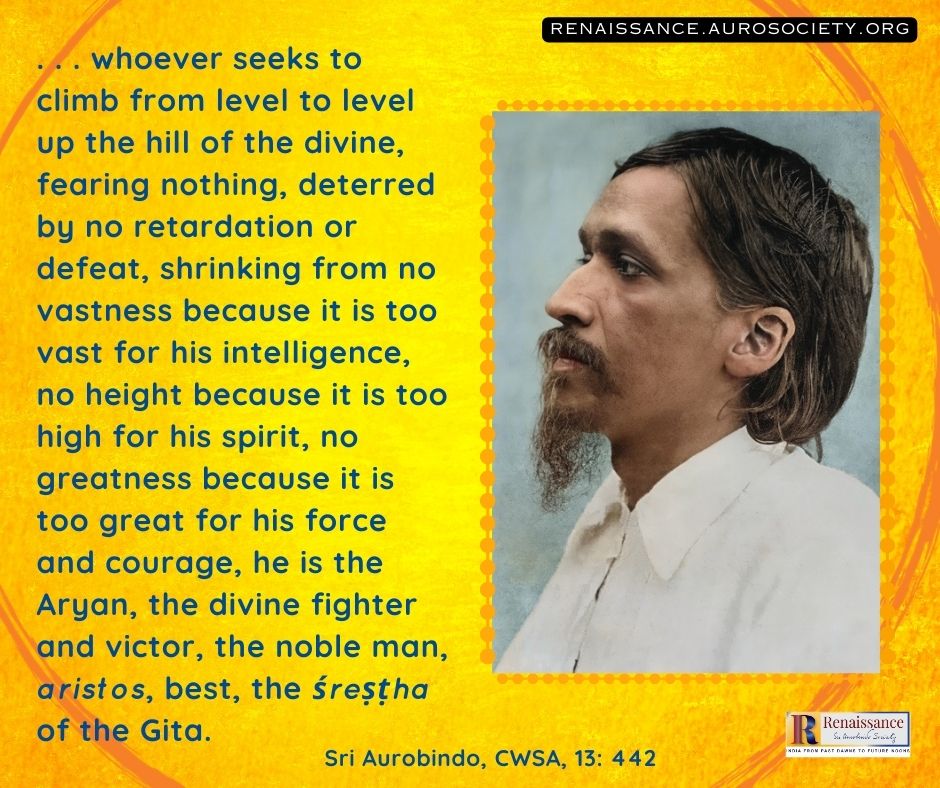
Sri Aurobindo’s words on the Aryan ideal of courage are a must-read for all, especially all Indians. We also highlight some of his words on Courage and Nationalism. Courage, he says is the first quality, absolutely essential if we truly wish to work for the glory of our motherland. No half-baked, wishy-washy patriotism; the Mother asks for sacrifice. Only a complete faith in the Divine who is leading the nation to her glorious future and a total freedom from fear will make us ready if we truly want to practice the religion of nationalism.
Sri Aurobindo has spoken at length about the inner psychological truth behind Chaturvarna. For this issue, we zoom in on his explanation about the Kshatriya turn of the nature and the integral perfection it can arrive at with the Yoga of Self-perfection.
Also featured are a few passages from the works of Sri Aurobindo and the Mother to highlight the multi-layered truth about war as a necessary means employed by Nature for its evolutionary purposes. The Mother reminds us, war will cease to exist when it becomes unnecessary to the evolution of the earth. For this man has to undergo a spiritual transformation.
Remembering Our Heroes
In this 75th year of independence from the British colonial rule, we honour the tremendous sacrifices made by countless heroic men and women. Stories of their love for motherland and fiery enthusiasm to sacrifice all they had and all they were at the feet of Mother India inspire us to this day.
We feature some glimpses of the great revolutionary Jatin Mukherjee, popularly known as Bagha Jatin. Sri Aurobindo had once described him as “a man who would belong to the front rank of humanity anywhere.” Admiring his strength and beauty, he added, “his stature was like a warrior’s.” (Evening Talks with Sri Aurobindo as recorded by A. B. Purani, 14-12-1938)
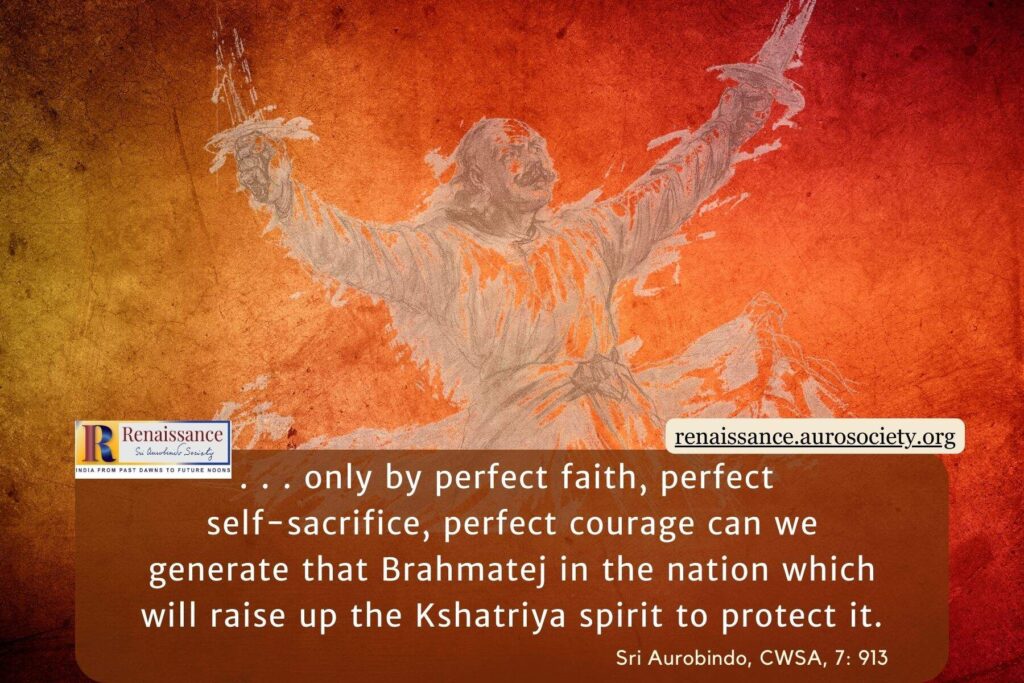
We also present a close study of Sri Aurobindo’s poem Baji Prabhou written by Shruti Bidwaikar. She explains that the poet expresses the exemplary strength, patriotism and valour of Baji Prabhou Deshpande through different rasa-s. Sri Aurobindo has infused in the poem a deeper spiritual philosophy and ideal, giving it a powerful intensity and force.
“A brave, frank, clean-hearted, courageous and aspiring youth is the only foundation on which the future nation can be built.”
(Sri Aurobindo, CWSA, Vol. 8, p. 168)
In our ‘Book of the Month’, we shed some light on the valour of one of free India’s war heroes, Major Somnath Sharma, the first recipient of the Param Vir Chakra. Shyam Kumari, a senior member of Sri Aurobindo Ashram, has written and published his biography. This is part of a series of booklets titled ‘Our Heroes: Param Vir Chakra Recipients’. The author hopes that such stories reach a large number of Indian youth in schools and colleges. We present here part 1 of Major Sharma’s biography and will continue this in our future issues.
Our Other Features
Imran Ali Namazi pens a poem which speaks of the “steely serenity” needed to go through the ups and downs of life. Sheeba Naaz in her flower-meditation on Arka, the ‘Courage’ flower blends some profound reflections on faith and sadhana with a story from the Mahabharata.
For our Insightful Conversations series, we speak with a heritage travel curator, Sawani Shetye from Goa. She shares insights on how travel can be used effectively to learn and appreciate the diverse histories of India and her rich heritage. In our wellness series, Rajeshwari explores how offering physical service for the Divine can help elevate the consciousness.
Another Digital Exhibit:
Who is an Aryan?
The issue on ‘Courage’ would not have been complete without incorporating some excerpts from the essay ‘The Bourgeois and the Samurai’ . I have always felt that this, along with Uttarpara Speech of Sri Aurobindo, should be mandatory reading for all high school and college students in India. This is the finest analysis ever made about one of the most significant blows to Indian collective psyche during European colonisation.
Sri Aurobindo wrote this during 1906-7, most likely for The Modern Review or another monthly journal. The British seized the notebook containing the manuscript in May 1908 at the time of Sri Aurobindo’s imprisonment. Four years after his passing, this and several other notebooks were rediscovered and restored to the Sri Aurobindo Ashram. The text was transcribed and first published in Sri Aurobindo: Archives and Research in 1978.
Don’t Miss the Digital Exhibit:
Sri Aurobindo on Kurukshetra and Kshatriya Spirit
As I said earlier, we could have gone further and included more content. With the Mother’s guidance, we may take up this theme again after some months. For the present, we hope that our readers will find value and inspiration in this issue’s offerings. As always, this work is offered at the lotus feet of Sri Aurobindo and the Mother.
In gratitude,
Beloo Mehra (for Renaissance Editorial Team)

~ Design: Beloo Mehra & Biswajita Mohapatra

